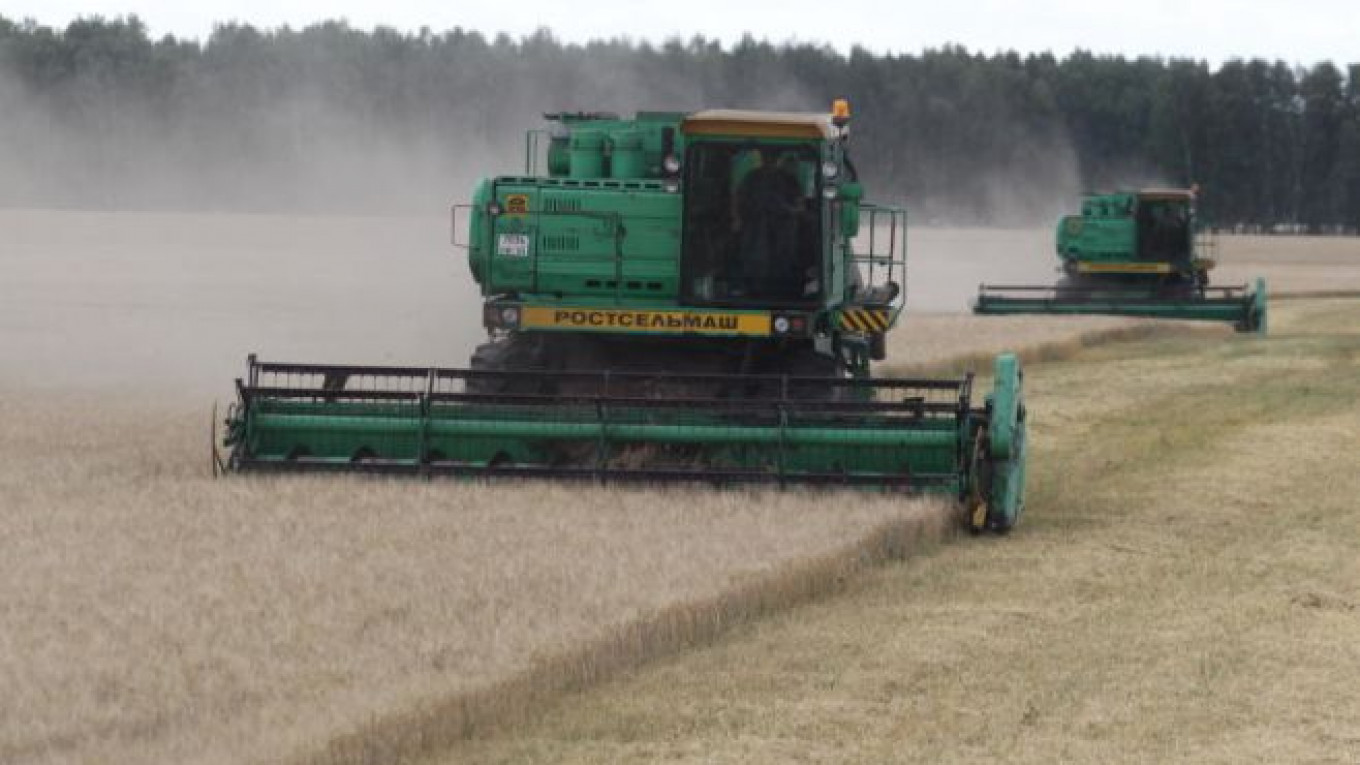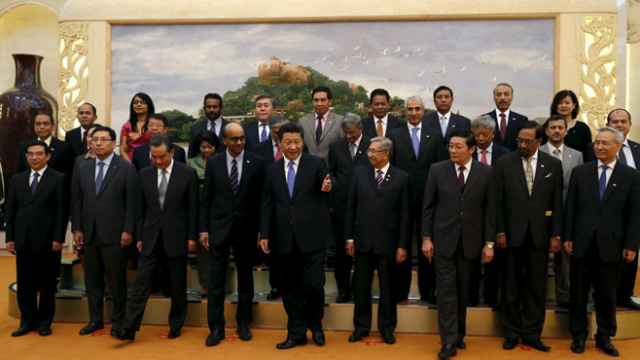The news that Russia's Zabaikalsky region would grant 115,000 hectares of land to the Chinese company Huae Xinban under a 49-year lease stirred up a maelstrom of anxiety in Russia. A survey conducted by Rosbalt shows that 50.5 percent of that news agency's readers fear such a deal "provides fertile ground for China's colonization and then annexation of Siberia, and for a major war."
Russian readers were also enraged by comments from retired Major General Wang Haiyun, a senior adviser at the China Institute of International Studies and a former military attache at the Chinese Embassy in Moscow. The newspaper Huanqiu Siabao (The Global Times) cited Wang Haiyun as saying that the deal would spur a relaxation of Russian migration law and a large-scale influx of Chinese labor into the Zabaikalsky region.
But the reality is not as scary as most Russian observers think. A statement on the website of the Zabaikalsky region indicates that the deal is so far just a letter of intent. The hubbub about the possible arrival of the Chinese in the Zabaikalsky region is the second time within a month that news of China's potential investment in Russian land has caused a commotion. In May, the Russian Direct Investment Fund and the government of China's Heilongjiang province, which shares a border with Russia, signed an agreement to establish a $2 billion joint investment fund for agricultural projects in Russia and China.
"They poisoned the land in China using prohibited technologies, and the food grown on that land absorbed toxic substances. No one knows whether they might do the same thing in Russia," Pavel Grudinin, deputy chairman of the Agriculture Development Committee at the Chamber of Commerce and Industry, said in the wake of the first news story.
Despite the marked rapprochement with China that followed the crisis in Ukraine, Chinese investment in agriculture remains a highly charged subject.
Oddly enough, despite the importance of the subject, there is a dearth of field research on Chinese investment in Russian agriculture. Discussions of the risks and benefits of Chinese investment in Russian land can only rely on isolated facts.
Fact 1: There are Chinese agricultural investors in Russia, and quite a few of them, though it is difficult to name a concrete number. I have personally seen many Chinese farms in the Oktyabrsky district of the Primorsky region, along the road from Ussuriysk (Russia) to Suifenhe (China). Some former Soviet collective farms are now flying Chinese flags.
Fact 2: It appears that the Chinese really do use harmful fertilizers. Everyone says this, though yet again there are no reliable statistics. Certain officials in the Far East say that the Federal Security Service (FSB) has data, but it is unclear whether this is true and, if so, how reliable their numbers are.
There is a lot more to be gleaned from examining Chinese investment in the agriculture of other countries. Statistics are available on developing markets such as Africa, as well as developed markets such as Australia and Canada.
Chinese investors are driven solely by the market, and therefore the quality of investment depends on a key factor — the state of the regulatory system in a given country. The Chinese are on their best behavior in markets where local governments create clear rules and closely monitor the quality of fertilizers used.
Research by the consulting company KPMG and Australia's University of Sydney shows that Chinese businessmen like predictability — clear rules of the game and the potential for a long planning horizon.
Thus, federal officials who worry about Chinese investment in Russian land should be less worried about potential investors, and more worried about their corrupt colleagues in local administrations.
Alexander Gabuev is a senior associate and chair of the Russia in the Asia-Pacific Program at the Moscow Carnegie Center. This is an abridged version of a comment that appeared on Carnegie's Eurasia Outlook blog.
A Message from The Moscow Times:
Dear readers,
We are facing unprecedented challenges. Russia's Prosecutor General's Office has designated The Moscow Times as an "undesirable" organization, criminalizing our work and putting our staff at risk of prosecution. This follows our earlier unjust labeling as a "foreign agent."
These actions are direct attempts to silence independent journalism in Russia. The authorities claim our work "discredits the decisions of the Russian leadership." We see things differently: we strive to provide accurate, unbiased reporting on Russia.
We, the journalists of The Moscow Times, refuse to be silenced. But to continue our work, we need your help.
Your support, no matter how small, makes a world of difference. If you can, please support us monthly starting from just $2. It's quick to set up, and every contribution makes a significant impact.
By supporting The Moscow Times, you're defending open, independent journalism in the face of repression. Thank you for standing with us.
Remind me later.








